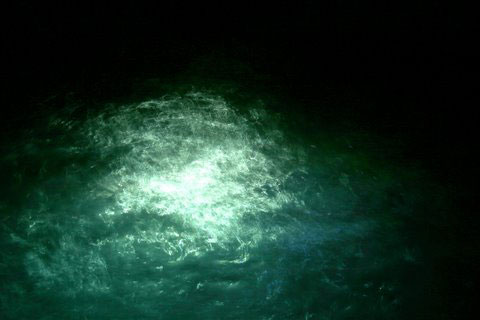

He is considered daring because he looks for religion in unusual places: comic books and popular culture, or in Jacques Vallee's writings. Jeffrey Kripal is an historian and scholar of religion, author of many books ( The Serpent's Gift, Roads of Excess, Palaces of Wisdom, and notably Esalen: America and the Religion of No Religion). They move into "the heart of the fringe," the things orthodoxy either looks away from or harshly rejects. Such phenomena might include temporal dislocations, near death or out of body experiences, ghosts, angels, precognition, telepathy or remote viewing (clairvoyance or what some researchers call non-local consciousness). The authors under discussion deal with strange aerial events, alien contact (what Vladimir Rubstov calls "visitology"), and other paranormal experiences. Yet those times it is wrong should arouse our interest, for that is when we learn something new. Because it is nearly always right we tend to believe that it is never wrong. The problem with conventional wisdom, and the reason we should beware of it, is that it is nearly always right. They don't exist because, well, they don't exist. Conventional wisdom would tell us that such phenomena aren't real. In these three books, we have a glimpse of the ways our consciousness has come to impede this kind of exploration. Such explorations lead us into the realms of folklore, sociology, group psychology, optics, particle physics, and the study of that most difficult of subjects, consciousness itself.

After all, science is hard and can't always offer simple, clear explanations.īetween the scientistic approach (science can explain everything) and those who deny facts and cling to fantasy (evolution is "just a theory," climate change is a left-wing conspiracy) are a few people willing to take on the hard task of looking critically at outlier phenomena, events and experiences that don't fit any known paradigm, things science has (so far) been unable to explain. Science is there, but they prefer to believe in magic, or luck, a holy book, or God. Of course a substantial proportion of the human species today still clings to revelation, not science. What challenges our beliefs makes us uncomfortable, and because many of us believe a scientific approach can - over time - reveal all secrets, we deny or repress what doesn't fit neatly into our comfort zone. Because we desire certitude, we are not only willing but compelled to believe things that may not be so. Emotion is more important than we thought. Of course we are now learning this simply isn't so. We believed the rational mind could discover everything, could explain everything. Mystery receded, hidden in the dark corners of our unconscious.


The material world grew ever more familiar. We have come to value selfishness and greed. We lived with seasons and scarcity and spirits. The world was alive with unseen entities, hidden events, surprises. Threats existed everywhere, but we had ways of cooperating and a profound knowledge of our environment. Over the past 800,000 years we perfected the long-term use of fire and a suite of highly sophisticated stone tools. We moved around a lightly populated planet in relatively egalitarian bands of no more than 150. We and our immediate ancestors evolved over millennia in an uncertain environment. How did we come to this? What in our psyche is so desperate to debunk or deny anomalies? Although many of these phenomena are subject to scientific explanation if we dig deep enough, those that aren't so amenable should surely be worthy of our attention. This resulted in what he called the Invisible College, a group of investigators willing to examine phenomena that don't fit the scientific (or, rather, scientistic) paradigm. Vallee contacted other scientists interested in anomalies. The protocol was to destroy whatever the science couldn't explain. He was instructed to throw away the data because data without explanation must be bad data. When Jacques Vallee was a young astrophysicist at the Paris Observatory he uncovered some data in the files, sightings or tracking of objects that should not have been there. So we forget about it, or tell it over dinner to friends. They are, after all, mostly urban legends, aren't they? Surely there's an explanation. Those of us who believe we are rational deny anomalies exist, or set them aside, or speak about them with a shrug or a laugh. Many more report such stories second hand. People are willing, if somewhat reluctantly, to report experiencing an anomaly of some kind - a strange coincidence, an uncanny premonition, a peculiar encounter, a strange light or object in the sky, an out of place animal figure. Almost all of us would hear such stories if we bothered to ask.


 0 kommentar(er)
0 kommentar(er)
